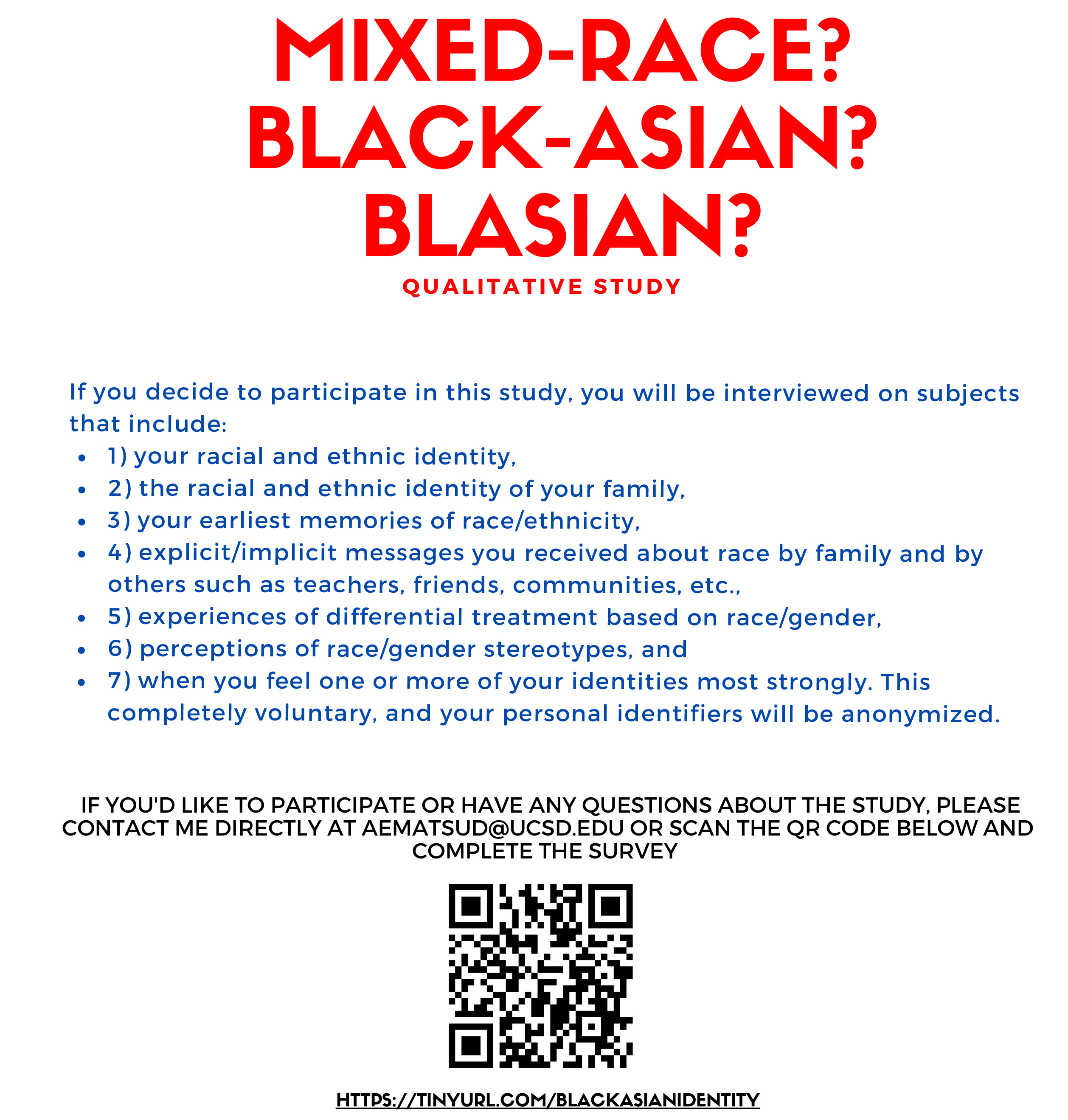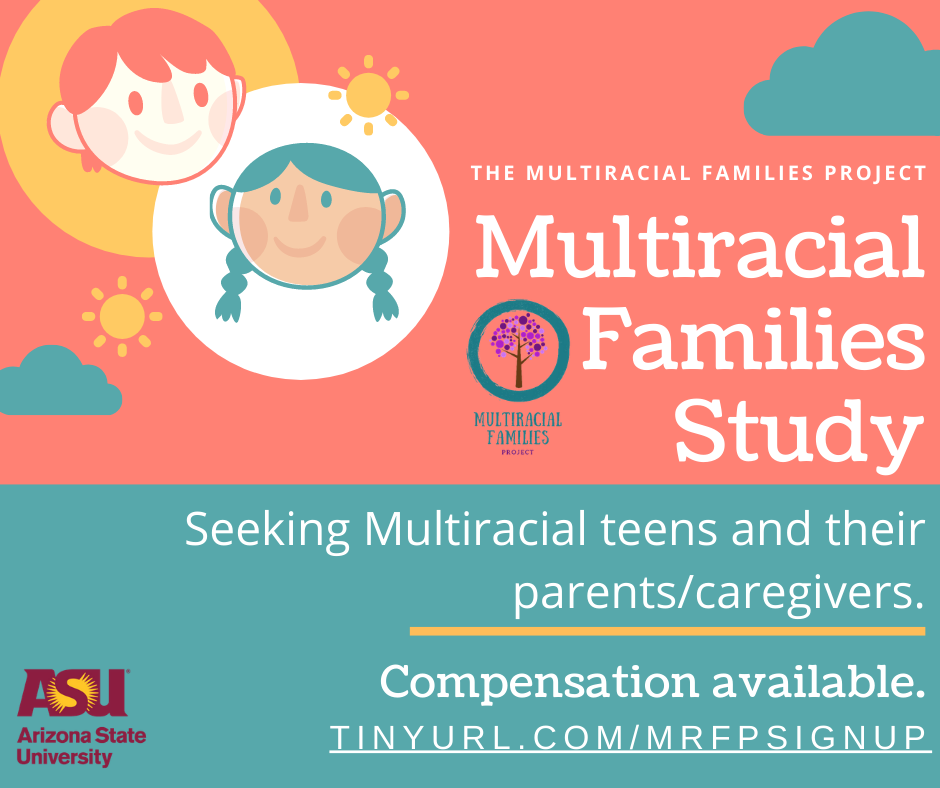Measuring Race and Ancestry in the Age of Genetic TestingPosted in Articles, Census/Demographics, Health/Medicine/Genetics, Media Archive, Social Science, United States on 2021-05-24 21:27Z by Steven |
Measuring Race and Ancestry in the Age of Genetic Testing
Demography
2021-04-12
26 pages
DOI: 10.1215/00703370-9142013
Sasha Shen Johfre, Ph.D. Candidate
Department of Sociology
Stanford University, Stanford, California
Aliya Saperstein, Associate Professor of Sociology; Benjamin Scott Crocker Professor in Human Biology
Stanford University, Stanford, California
Jill A. Hollenbach, Associate Professor of Neurology
Weill Institute for Neurosciences
University of California, San Francisco, California
Will the rise of genetic ancestry tests (GATs) change how Americans respond to questions about race and ancestry on censuses and surveys? To provide an answer, we draw on a unique study of more than 100,000 U.S. adults that inquired about respondents’ race, ancestry, and genealogical knowledge. We find that people in our sample who have taken a GAT, compared with those who have not, are more likely to self-identify as multiracial and are particularly likely to select three or more races. This difference in multiple-race reporting stems from three factors: (1) people who identify as multiracial are more likely to take GATs; (2) GAT takers are more likely to report multiple regions of ancestral origin; and (3) GAT takers more frequently translate reported ancestral diversity into multiracial self-identification. Our results imply that Americans will select three or more races at higher rates in future demographic data collection, with marked increases in multiple-race reporting among middle-aged adults. We also present experimental evidence that asking questions about ancestry before racial identification moderates some of these GAT-linked reporting differences. Demographers should consider how the meaning of U.S. race data may be changing as more Americans are exposed to information from GATs.
Read the entire article here.



